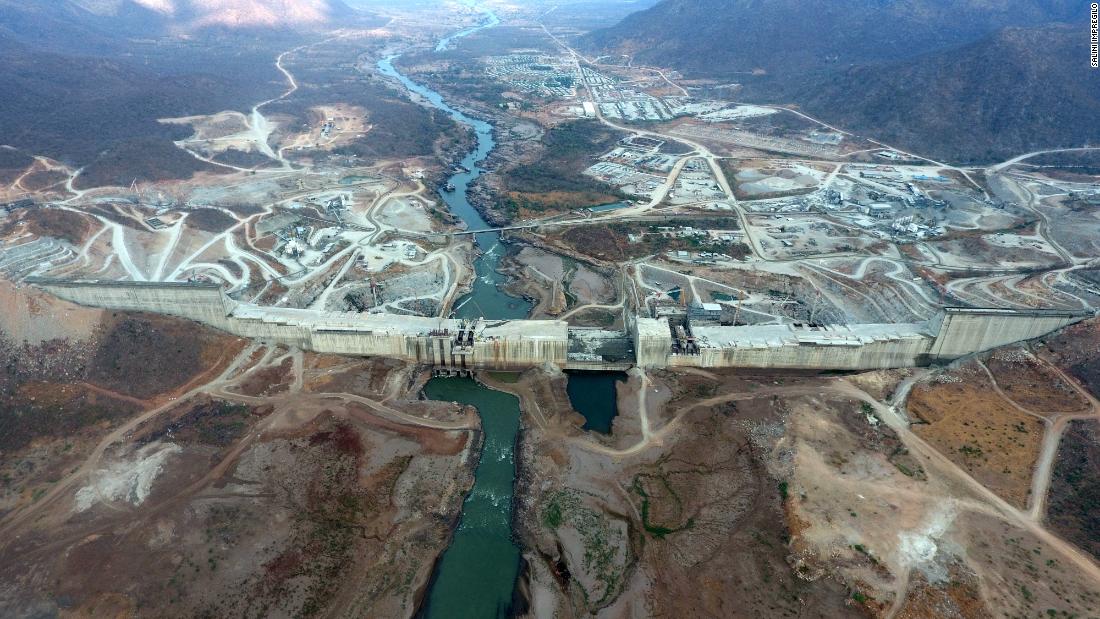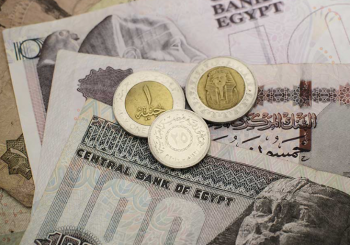
Egypt’s President Abdel Fattah El Sisi warned on Tuesday that any attempts to “take a single drop of Egypt’s water” would lead to instability in the region and that the aftermath of said instability would extend “for generations,” local media reports.
During a press conference, Sisi noted that Egypt is battling to reach a solution through negotiations, and that the following days will witness more attempts to push negotiations forward and reach a legally binding agreement regarding the Grand Ethiopian Renaissance Dam (GERD).
The president also expressed appreciation for the Egyptian Suez Canal Authority for its role in solving the Ever Given ship crisis and managing the floatation process with great efficiency. The blocking of the Suez Canal had caused more than 300 ships to be stranded on both sides of the Suez Canal, resulting in global economic losses. According to the Suez Canal Authority, more than USD 9 billion worth of goods a day were being blocked from moving through the waterway, with Egypt losing at least USD 14 million in revenues a day.
A few weeks ago, Egypt’s Prime Minister Mostafa Madbouly underscored the criticality of the decade-long dispute over the GERD and Egypt’s concern over its developments.
He added that the past years saw the Ethiopian government taking unilateral measures without taking into account the rights and interests of other countries, which is evident in the fact that Ethiopia began filling the Renaissance Dam last year.
Earlier this month, President Abdel Fattah Al Sisi met with Sudanese officials in Khartoum and announced plans to “relaunch the path of negotiations” and involve an “international quartet” of mediators comprising the African Union, United States, European Union and United Nations.
A few days earlier, Egypt and Sudan signed a military cooperation agreement amid renewed tensions between the North African countries and Ethiopia over the latter’s plans to go ahead with the second phase of filling the GERD across the Nile River.
Historically, Egypt has enjoyed a considerable share of the Nile’s water due to the 1902 and 1929 colonial-era agreements implemented by the British, as well as a 1959 post-independence bilateral agreement between Egypt and Sudan. These agreements allocated Egypt 55.5 billion cubic meters of water and Sudan 18.5 billion cubic meters.






Comments (3)
[…] late March, Egypt’s President Abdel Fattah El Sisi warned that any attempts to “take a single drop of Egypt’s water” would lead to instability in the […]
[…] late March, Egypt’s President Abdel Fattah El Sisi warned that any attempts to “take a single drop of Egypt’s water” would lead to instability in the […]